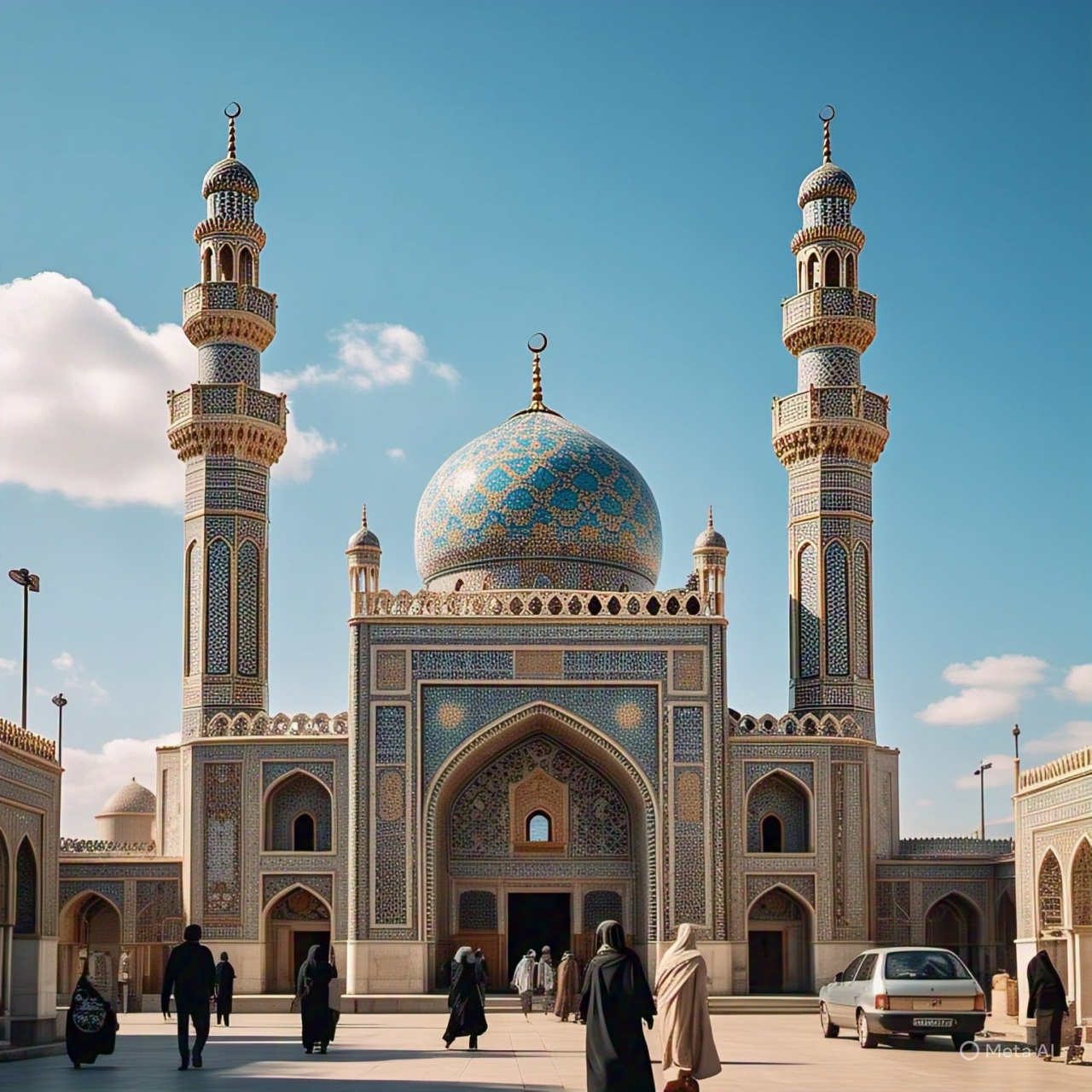Daughters and Sisters Deprived of Inheritance Rights
By Rabia
Every person is the sole owner of their property during their lifetime and has full authority to make any lawful decisions regarding it. No one has the right to prevent them from doing so. Moreover, children or any other relatives have no entitlement or claim over a person’s property while they are alive. However, if a property owner wishes to distribute their wealth among their children during their lifetime willingly, they are allowed to do so. Any such distribution made during their lifetime is considered a gift (Hibah), and it is necessary to maintain equality among children when giving such gifts. The Prophet Muhammad (PBUH) commanded fairness in gifting among children.
Islam is a complete code of life and provides a comprehensive economic system, one of its significant aspects being the system of inheritance distribution. Islam has carefully structured this system while ensuring fairness, granting inheritance rights to both men and women. It has given women such exemplary rights that no other civilization or religion has ever provided. However, in our society, daughters and sisters are often deprived of their rightful inheritance, which Islam, a great religion, has granted them. Even today, many women in Muslim societies are denied their inheritance. The Quran entitles women to a share in inheritance, yet we continue to deprive them of this right. Whether religious or worldly, very few people give their sisters and daughters their rightful share of inheritance. Instead, the common practice in our society is to give them a few household items as dowry while unjustly denying them their legitimate property rights.
In District Mardan, Khyber Pakhtunkhwa, women frequently face significant challenges in exercising their property and inheritance rights. A study focusing on Pakhtun society revealed that cultural practices such as endogamous and exchange marriages, along with the misinterpretation of Islamic values, contribute to the denial of women’s property rights. Additionally, a report highlighted that 70% of women refrain from claiming their inheritance due to fears of familial isolation or the perception that dowry serves as a substitute for their rightful share. These challenges are further exacerbated by societal norms that prioritize male inheritance, leading to widespread deprivation of women’s property rights in the region.
The Holy Qurans states:
“Allah instructs you concerning your children: for the male, a portion equal to that of two females. But if there are only daughters, two or more, their share is two-thirds of the inheritance.” (Surah An-Nisa: 11)
This verse explicitly lays out the principles of inheritance distribution, ensuring that both sons and daughters receive their rightful shares. These commandments are set by Allah and cannot be altered or manipulated in any way.
During my job with the Saiban Development Organization in 2022, I worked on an OXFAM-funded project focused on women’s rights. Our mission was to educate marginalized women about their fundamental legal entitlements. Among our key stakeholders was Shaheen, a woman from the underprivileged community of Khanjar Kali. A divorced mother of two, Shaheen faced immense resistance from her ex-husband, who refused to grant her Haq Mehr (dower) and the land rightfully owed to her.
Initially, Shaheen was hesitant and lacked the confidence to demand her rights. However, through our persistent advocacy and support, she gradually found the courage to stand up for herself. She reached out to me personally, sharing her ordeal in detail. Recognizing the urgency of her situation, my team and I collaborated with the Dispute Resolution Council (DRC) to file her case.
A Jirga was convened to mediate the dispute, but the resolution fell short of Shaheen’s expectations. Determined to secure justice, we proceeded to escalate the matter to the formal court system, covering all associated legal expenses on her behalf. After a rigorous legal battle, the court ruled in Shaheen’s favor, granting her the rightful share of her entitlements.
This victory was transformative—not only did it restore Shaheen’s financial security, but it also ignited a newfound confidence within her. Today, she stands as a beacon of resilience in her community, actively guiding other women who suffer similar injustices. Her journey from vulnerability to empowerment exemplifies the profound impact of legal awareness and institutional support in combating gender discrimination.




